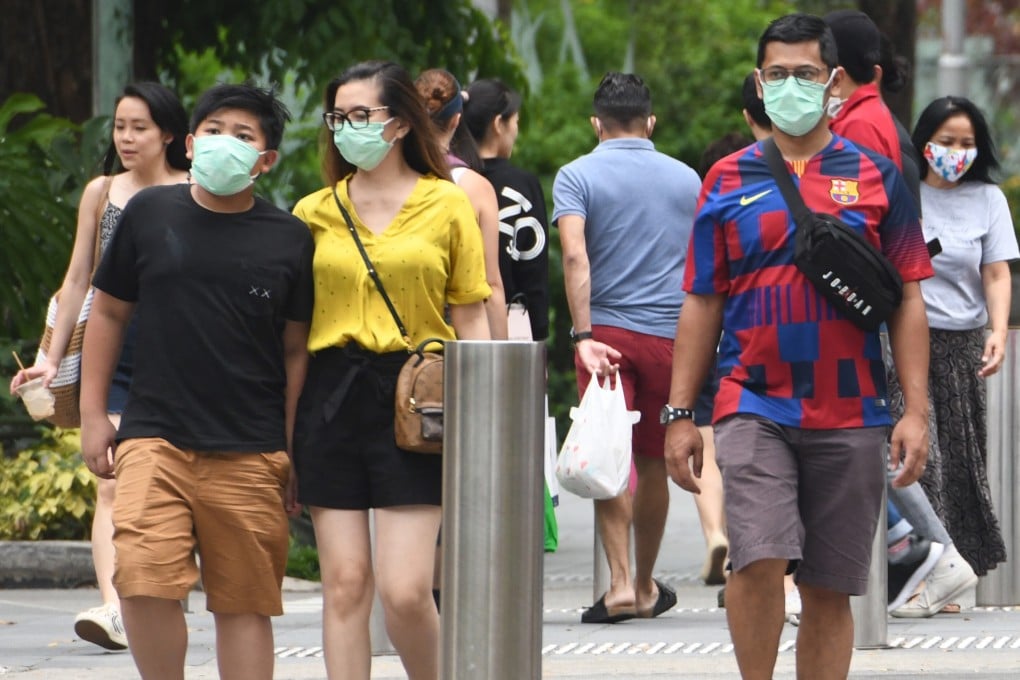Singapore’s PAP sees dip in credibility with voters while opposition Workers’ Party makes gains: survey
- An Institute of Policy Studies survey found more voters want political pluralism after some 60 years of one-party rule
- While the 4,000 respondents were most positive about the PAP compared to other parties, the main opposition Workers’ Party narrowed the gap with the ruling party in terms of perceptions of credibility

The “Pluralist” group – whose views were opposite of “Conservatives” – rose to 22.4 per cent from 18 per cent in 2015. Those in the “Swing” category, with a mix of views, increased sharply from 37.8 per cent to 59.2 per cent.
The survey found that while “Pluralists” tended to be younger and in a higher socio-economic group – in terms of educational attainment, housing type and household income – there was also an increase in such views among those in other socio-economic groups, including those who did not have a university degree and reported a lower household income.
The research team, led by Deputy Director (Research) Gillian Koh, attributed these trends to two reasons, with one being the consistent support of pluralism among those with higher socio-economic status. But the second factor was due to bread-and-butter concerns among groups more vulnerable to the economic fallout of the Covid-19 pandemic, they said.
“Such respondents felt there was a need for political opposition in parliament. If indeed so, this second factor will be specific to the difficult economic conditions surrounding [this year’s election],” the researchers wrote.
